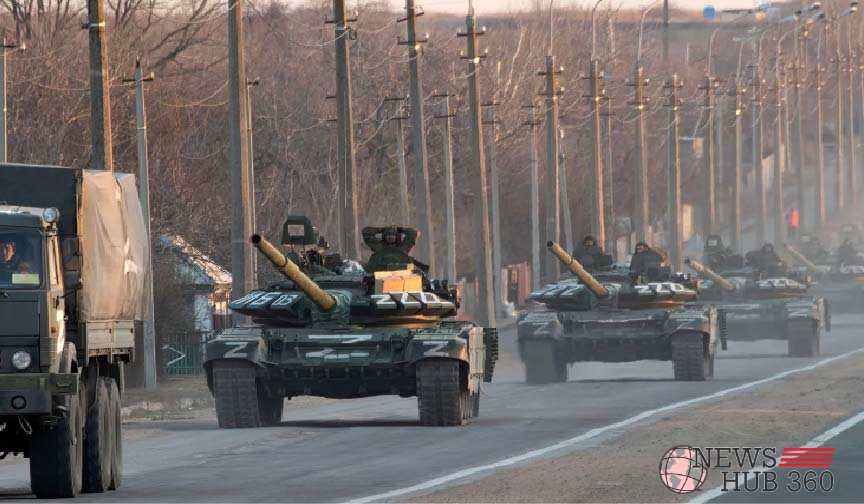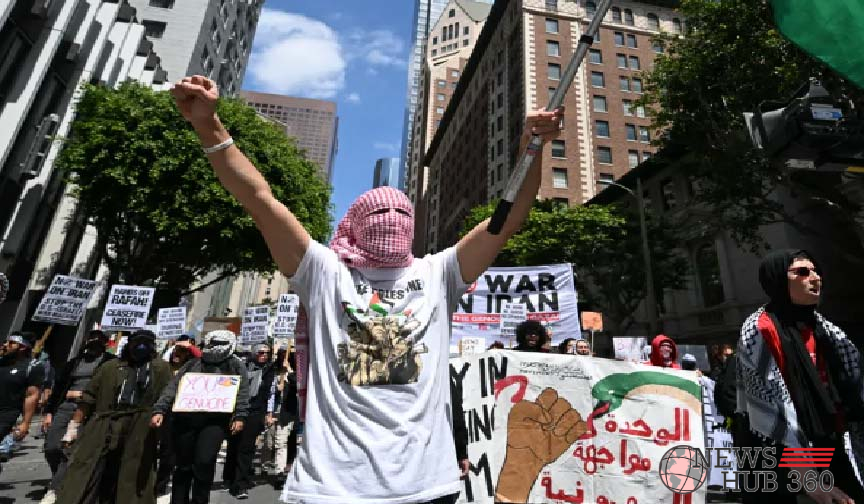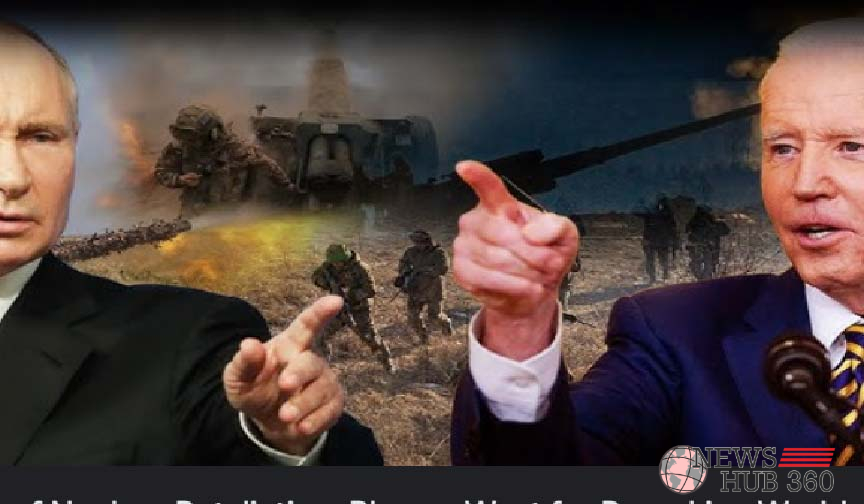Growing Global Unrest: Are We on the Brink of World War 3?
The possibility of a third world war has become a frequent topic of discussion in recent years, driven by escalating tensions among global superpowers. From military conflicts to political rivalries, nations seem to be maneuvering themselves into precarious positions. While many believe that a world war is unlikely, recent events suggest that the international stage may be set for a significant global conflict. But what are the factors contributing to this fear? And how could they potentially lead to the most devastating war in modern history?
Current Geopolitical Hotspots
Several geopolitical hotspots are causing global concern. Among the most prominent:
1. Russia and Ukraine Conflict

The ongoing war between Russia and Ukraine has drawn global attention, with no clear resolution in sight. Russia’s invasion of Ukraine has not only destabilized the region but has also led to strained relations between NATO countries and Moscow. With NATO nations providing military aid to Ukraine, Russia perceives this as a direct threat, escalating the risk of broader conflict.
What’s at Stake?
Russia’s annexation of Crimea in 2014 was already a significant move that alarmed global leaders, but the full-scale invasion in 2022 has pushed many countries to rethink their defense strategies. Ukraine, backed by Western nations, continues to resist Russian advances, but the potential for escalation remains high. Should NATO get directly involved, it could trigger a larger conflict.
2. U.S.-China Rivalry
Another flashpoint is the growing tension between the U.S. and China. With disputes over trade, technology, human rights, and military dominance in the South China Sea, the relationship between these two superpowers is increasingly strained.
The Taiwan Question
A key issue is Taiwan. China views the island as part of its territory, while the U.S. supports Taiwan’s democratic government. Any move by China to forcibly reunify Taiwan with the mainland could spark a military confrontation with the U.S. and its allies. If tensions in the Asia-Pacific region escalate, it could lead to widespread instability.
3. Middle East Conflicts
Long-standing tensions in the Middle East, particularly between Iran and Israel, have the potential to ignite a larger regional war. Both nations have been involved in proxy conflicts across the region, and their deep-rooted enmity poses a constant threat to regional peace.
Nuclear Concerns
Iran’s nuclear ambitions remain a contentious issue. The breakdown of the Iran nuclear deal has heightened fears that the country could develop nuclear weapons, prompting Israel to consider military action. A conflict involving Iran, Israel, and their respective allies could pull other nations into a broader regional war.
The Role of Nuclear Weapons
A key concern in any potential global conflict is the presence of nuclear weapons. The existence of large nuclear arsenals in the hands of the U.S., Russia, China, and other nations means that any significant war could quickly escalate into a nuclear exchange, causing devastation on an unimaginable scale.
Nuclear Deterrence or Nuclear Catastrophe?
The doctrine of mutually assured destruction (MAD) has so far prevented large-scale nuclear war, as the use of nuclear weapons by one country would likely result in a retaliatory strike, leading to the annihilation of both nations. However, in times of crisis, miscalculations or misunderstandings could still lead to a nuclear confrontation.
The Global Economy: A Potential Casualty of War
Beyond the immediate human cost, a third world war would have a catastrophic impact on the global economy. With international trade, supply chains, and energy markets already under pressure due to existing conflicts and pandemics, a global war would exacerbate these issues.
Economic Fallout
War would disrupt trade routes, cause significant damage to infrastructure, and result in a sharp decline in global markets. Key industries such as technology, agriculture, and energy would be severely impacted, causing widespread poverty and food shortages in many parts of the world.
The Energy Crisis
One of the most immediate effects of conflict is the disruption of energy supplies. The war between Russia and Ukraine has already resulted in skyrocketing energy prices, particularly in Europe. A broader conflict could worsen this, leading to widespread fuel shortages and economic collapse in countries heavily reliant on foreign energy.
The Role of Diplomacy in Preventing War
While the threat of war looms large, diplomatic efforts continue in an attempt to de-escalate tensions. International organizations such as the United Nations, NATO, and the European Union have been actively involved in conflict resolution, encouraging negotiations and peace talks between warring nations.
The Importance of International Cooperation
Diplomacy remains the key to avoiding a third world war. Cooperation between nations is essential to manage disputes, prevent miscalculations, and ensure that disagreements don’t spiral into full-blown conflicts. While the international community faces unprecedented challenges, a commitment to dialogue and peaceful solutions can still avert disaster.
Public Opinion and Fear of World War 3

With the increasing prominence of conflicts in the media, public concern about a possible world war has grown. Social media platforms and news outlets are flooded with speculation about how current events could lead to global warfare. However, experts argue that while the risks are real, a world war remains unlikely due to the high costs involved.
Misinformation and Fear
The rapid spread of misinformation online has exacerbated public fears. Unverified reports and conspiracy theories can fuel anxiety, making it difficult for people to distinguish between real threats and exaggerated claims.
What Would World War 3 Look Like?
If a third world war were to break out, it would likely be unlike any previous conflicts. Advances in technology, particularly in cyber warfare and artificial intelligence, mean that much of the battle would be fought in cyberspace as well as on traditional battlefields.
Cyber Warfare
Cyberattacks could cripple national infrastructure, shutting down power grids, communication systems, and financial markets. Countries would need to defend against attacks on both physical and digital fronts, making modern warfare far more complex than past conflicts.
The Role of AI and Drones
Drones and autonomous weapons systems would likely play a significant role in any future war, reducing the need for human soldiers in some aspects of combat. However, this also raises ethical concerns about the potential for machines to make life-or-death decisions in warfare.
Conclusion: The Need for Vigilance and Preparedness
While the threat of World War 3 looms in the background, it is by no means inevitable. The international community must remain vigilant and continue to prioritize diplomatic solutions to prevent conflicts from escalating. At the same time, nations must prepare for potential threats by strengthening alliances and improving defense systems.
The future remains uncertain, but through cooperation, diplomacy, and strategic planning, we can work to ensure that the horrors of a third world war are never realized.
For More More Visit, Newshub360


